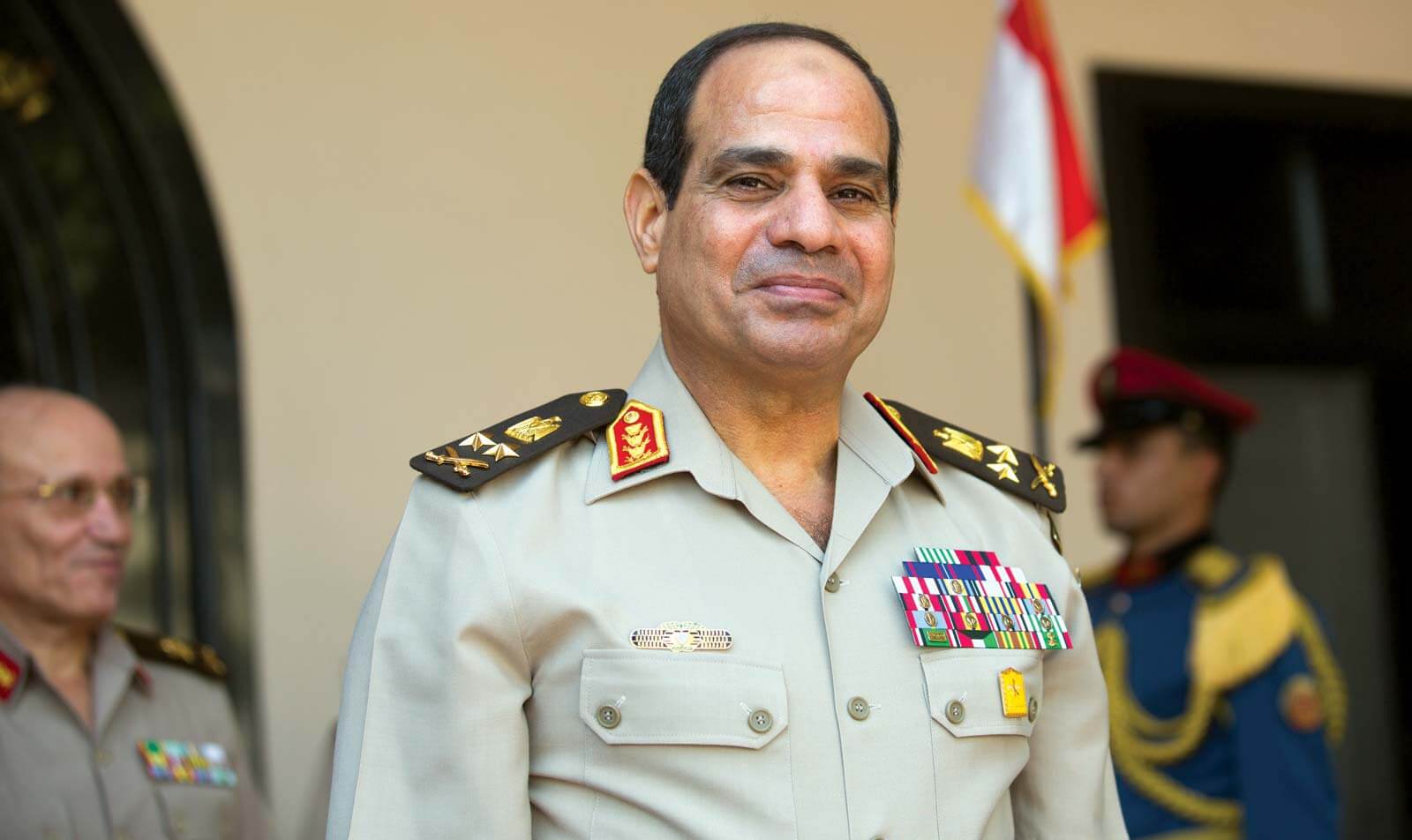On 6 July, the Egyptian Parliament passed new legal amendments restricting current and former armed forces personnel from running for legislative, presidential, or local elections without the consent of top military leaders. The amendments to the 1959 Law No. 232 will require military personnel wishing to run for office to seek approval from the country’s powerful Supreme Council of the Armed Forces (SCAF), which is headed by incumbent President Abdel Fattah al-Sisi.
Changes to the law come a year after the Parliament passed constitutional amendments essentially allowing Sisi to retain his Presidential seat till 2030. Further, in April 2020, the Parliament ratified the state of emergency law that extended Sisi’s powers. The latter, which was a measure taken right in the middle of the coronavirus pandemic, was denounced by opposition members and non-governmental organizations.
Until the amendments made on Monday, army members had open permission to pursue a political career, with the only condition being that they gave up their military position or that they were already retired. Members serving at the time were officially made to carry out reserve duties and were barred from engaging in political activities. Now, having already controlled any civil opposition to his regime, Sisi has also ensured that there is no emergence of any political competition from the military without his permission. Sisi himself is a former marshall who was first elected as President in 2014.
Egypt has been under effective military rule since its independence in 1952, apart from the brief Presidency of Mohamed Morsi, a civilian candidate belonging to the Muslim Brotherhood who was ousted in a Sisi-led coup. The army has long been “portrayed as the protector of the people” and Egyptian society has always considered it omnipresent in political and economic activity. Further, the country has also been in a continued state of emergency since an Islamic State-affiliated attack in 2017.
The Sisi regime has been making amendments to emergency laws since then, and until as recently as 2 July, changes to the law that allow the President extra powers such as ordering the suspension of public activities, banning private and public gatherings, which other countries have introduced as temporary measures to combat the pandemic, have been permanently added to the legislation in the country. Human Rights Watch has also condemned these amendments.
Since Sisi’s election in 2014, he has continuously purged army members by arresting or forcibly retiring officers whom he did not perceive as his allies. Most notably, his regime arrested Lieutenant General Sami Anan who had planned to run against him during the 2018 Presidential election. The next election in the country is slated for August this year.
Image Source: Britannica
Egypt Introduces Amendments Restricting Military Opposition to Sisi
July 9, 2020

